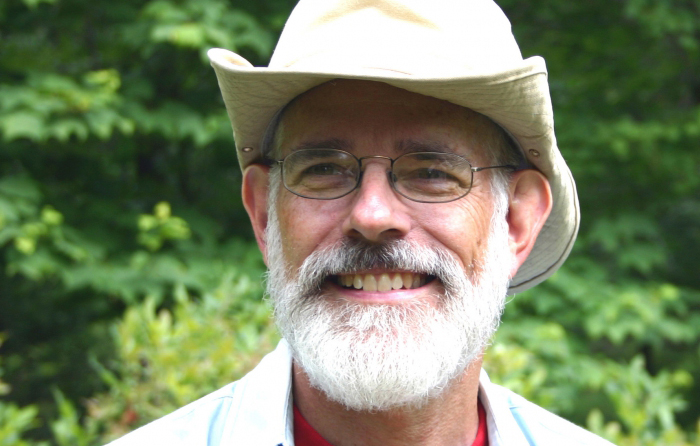Celebrating a Record of Leadership

The Center for Comparative Archaeology honors the momentous legacy of Dr. Robert D. Drennan, who retired at the end of the 2022 spring term after 13 years leading the CCA and before that the Latin American Archaeology Program.
The CCA grew out of Dr. Drennan’s long-term vision for prioritizing rigorous comparative scholarship across regions, building scholarly capacity in Latin America, and removing barriers of language, national borders, and data access to foster a fully global anthropological archaeology. Starting in the late 1980s, Dr. Drennan worked with colleagues in Anthropology and at the Center for Latin American Studies to obtain grant support from the John Heinz III and Andrew Mellon Foundations for doctoral fellowships in Latin American archaeology and for a program of bilingual publications and book distribution. A major endowment in 1996 ensured the future of what was then called the Latin American Archaeology Program. Starting in 2008, Dr. Drennan secured a new commitment from the Dietrich School of Arts and Sciences that led to the creation of the Center for Comparative Archaeology, funding the development of the Comparative Archaeology Database, fellowships for doctoral students in archaeology of other world regions, a postdoctoral Visiting Scholar position, and pre-dissertation field support for archaeology students. These programs have been highly successful, resulting in more than 40 monographs and edited books in fully bilingual editions and over 60 open-access archaeological datasets at the Comparative Archaeology Database, among other accomplishments. In particular, because the program of fellowship support for students in Latin American archaeology is so long-standing, it has had a tremendous impact on the field: over the years, more than 70 doctoral students have come to Pitt from 15 Latin American countries as well as the US, and many are now working in universities, museums, government ministries and other institutions throughout the US and Latin America.
Dr. Drennan’s initiatives in recent years have particularly emphasized the need to synthesize archaeological knowledge from multiple projects in disparate regions, to answer questions of fundamental interest about the global emergence of complex societies over the last 10,000 years. To do so in a way that is both broad and deep – that compares broadly across world regions while accurately capturing the specifics from particular locations – is a considerable challenge. Archaeological data is complex, spatial, and relational, and it is collected and reported in non-standard and even idiosyncratic ways. The Comparative Center for Archaeology facilitates comparative research by stably archiving and presenting open-access primary archaeological data in a way that is transparent and easy to use by other researchers. Important recent publications and ongoing work by Dr. Drennan and other scholars, including graduates of Pitt’s PhD program, have utilized datasets archived at the CADB to make just such advances.
Dr. Drennan’s own research career is exceptionally distinguished, and exemplifies the comparative vision and rigorous empirical research he sought to promote. He came to the University of Pittsburgh in 1977 with a BA from Princeton (1969) and a PhD from the University of Michigan (1975). His substantial fieldwork on the long-term development of complex societies took place in three regions, a very unusual distinction: Mexico (including the Oaxaca Valley and Tehuacán Valley), southwest Colombia, and northeast China. Dr. Drennan has written or edited 6 books, published multiple articles in high-profile journals, and won major grants. His accomplishments were recognized in his election to the National Academy of Sciences in 2004. Beyond these professional laurels, one of his most lasting contributions is surely in the warm and wise mentorship that guided and inspired legions of students. The Center salutes his remarkable contributions to the University of Pittsburgh and to the field of archaeology.
